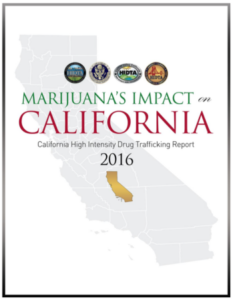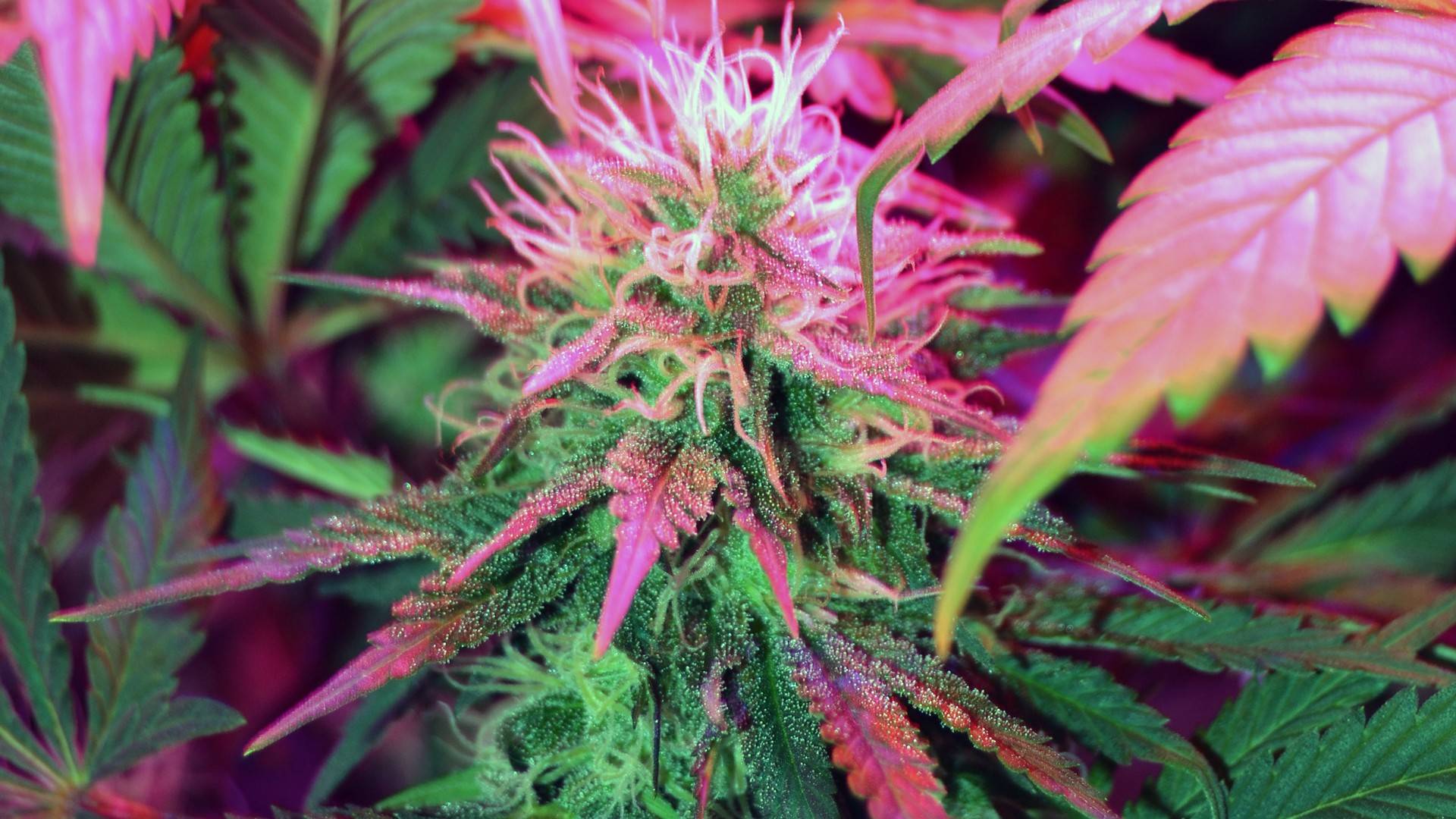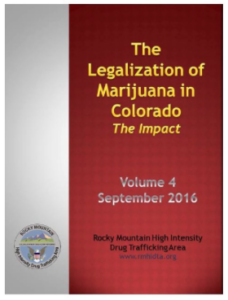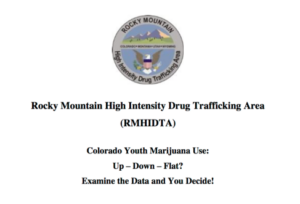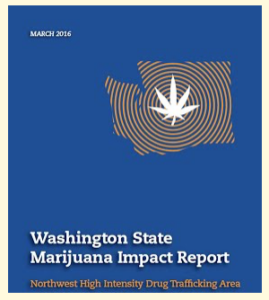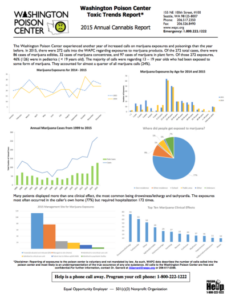
A new study shows that the number of children being admitted to hospitals with lung irritation who have been exposed to marijuana is increasing. At this point, 16 percent of children (about 1 in 6) admitted for bronchiolitis show signs of contact with THC, the psychoactive compound in marijuana. This number has gone up since recreational marijuana use became legal in Colorado in 2014. In addition to psychoactive properties, marijuana can contain carcinogens and other toxic chemicals, and most of these chemicals’ effects on children have not been tested.
Visit Science Daily for the full press release.
UPDATE:
This issue is receiving increased attention, as seen in a recent article from the New York Times. The piece discusses a new study from the Journal of the American Medical Association, which says that Colorado’s rate of pediatric exposures to marijuana has increased by more than 150% since the state began allowing the legal use of recreational marijuana in 2014. Many of the affected children were accidentally exposed by ingesting marijuana-infused edible goods. Kids are particularly at risk for accidental exposure because they cannot distinguish between these products and the harmless cookies, brownies, and candies they’re used to. One researcher also commented that many marijuana edibles are packaged in bright colors that attract children’s attention.
A report (pictured above) from the Washington Poison Center shows similar occurrences in the state. Like Colorado, Washington has also had an increase in calls to poison control centers due to marijuana exposure and poisoning, and again, many of those calls or for children. Another similarity is that the biggest increase in the number of calls came after recreational use of marijuana was legalized.
